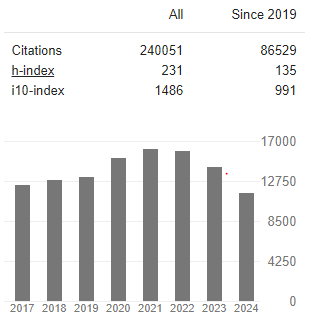Attenuation of Doxorubicin Induced Genotoxicity in HepG2 Cells: Effect of Melatonin Loading Chitosan Tripolyphosphate Nanoparticles on Oxidative stress
Abstract
Mohammad Shokrzadeh, Sorour Ashari, Nasrin Ghassemi-Barghi
Doxorubicin is a chemotherapy medication applied in the treatment of numerous cancers. Like other topoisomerase II inhibitors, doxorubicin has been shown genotoxic effects in both in vitro and in vivo models. Melatonin acts as a potent antioxidant. In additional, anti-inflammatory, anti-apoptotic, cytoprotective and genoprotective effects of melatonin have been reported in previous studies. The aim of present study was to determine protective role of melatonin nanoparticles against doxorubicin induced-genotoxicity. HepG2 cells were treated with various concentrations of doxorubicin, melatonin and nano melatonin in both pre- and cotreatment conditions and then analyzed via comet assay. Besides the intracellular reactive oxygen species and glutathione levels have been assessed. The results of current study show that doxorubicin induced a clear genotoxic effect in HepG2 cells. Melatonin and its nanoparticles decreased the genotoxic effects of doxorubicin significantly in both types of experiment states that exhibited by comet assay. Furthermore, both forms of melatonin decreased the intracellular reactive oxygen species generation and increased the intracellular glutathione contents in HepG2 cells. However, nano melatonin was more effective in attenuating of oxidative stress and DNA damage induced by doxorubicin.



